On a fine morning in September 2017, a one-of-a-kind restaurant was launched in Tokyo, Japan. The staff, donning crisp white uniforms, bowed down and greeted the customers waiting outside before kindly inviting them to try cuisines at their eatery. A video shared by the restaurant showed people giving orders and staff jotting everything down with big smiles on their faces. One woman ordered an iced coffee. An elderly server noted the order on her clipboard and chuckled because she did it “perfectly.” Another staff asked a customer sitting in a different spot if she brought the "right" order and the customer wholesomely replied, "It's perfect." It was perfect, but not "right" because this "restaurant can't get your orders right," as they have stated on their official page. But unlike most eateries around the world, no one made a fuss about it as this place celebrates “mistakes,” which is why it is called “The Restaurant of Mistaken Orders.”
The Restaurant of Mistaken Orders is a 12-seat pop-up restaurant in the Sengawa suburb of Tokyo. Here customers don’t demand orders to be right, because they know that the servers here are people suffering from dementia. According to YourTango, these servers get their orders right in just 40% of cases, but surprisingly, the customer satisfaction is 99%. According to The Washington Post, the parent of a former owner of the cafe has dementia, and the new owner agreed to let them rent out the space each month as a dementia cafe. They work with the local government to reach out to dementia patients in the area.
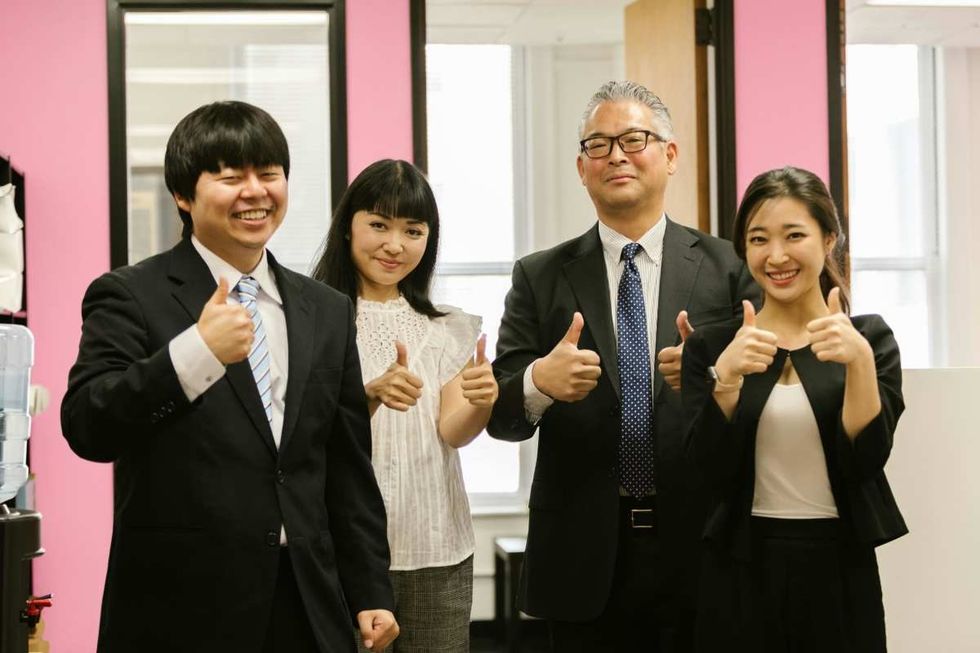
Dementia is a neurodegenerative condition in which the brain ceases to function properly. Per The Washington Post, more than 6 million Japanese people have dementia, and the number is expected to grow to 7.3 million by 2025. The condition has no cure. With the orientating axis of the brain losing its balance, the patient is left to dwindle in uncertainty, often going through memory loss, loss of attention, and other symptoms. This is what happens with the servers at this restaurant who don’t deliver the orders correctly.
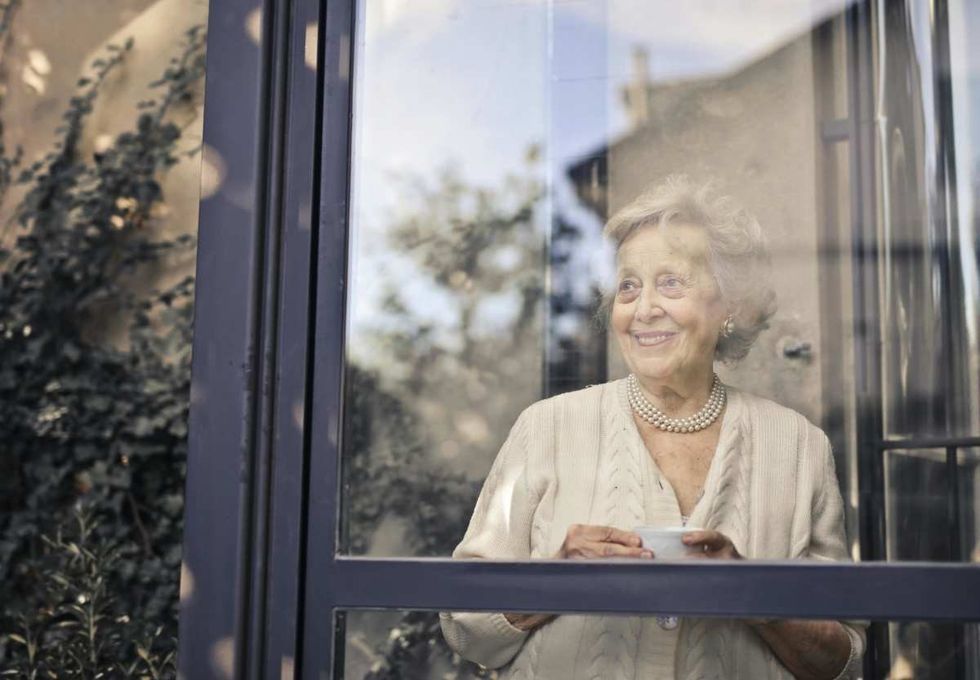
Like the server who delivered the iced coffee on that day, others served their orders too. But soon enough, something unusual started happening inside the restaurant. “That’s not what I ordered,” one customer told the server, “But hey, that’s okay,” he exclaimed. People who ordered burgers were getting noodles and those who ordered yakisoba got vegetable tempura. Yet, the ambiance of the restaurant seemed to be perfectly cheerful. People sitting on tables seemed happy. They were clicking selfies with servers. One customer told a 90-year-old server that she looked so youthful. The old woman giggled and explained, “I didn’t know if I could do it. But I came. And it feels so wonderful.”
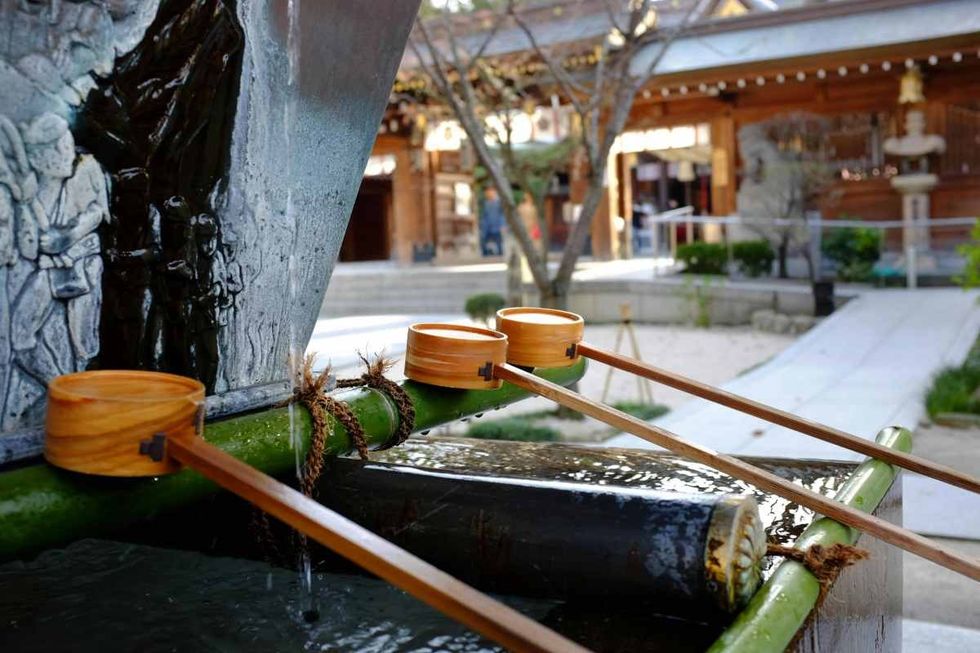
Explaining the reason behind this wholesome idea, the restaurant wrote on its website, “All of our servers are people living with dementia. However, rest assured that even if your order is mistaken, everything on our menu is delicious and one-of-a-kind. This, we guarantee. We hope that this feeling of understanding will spread across Japan and throughout the world.”
Although the servers are all patients, the vibe here is fantastic. Plus, the restaurant offers music too. In the clip shared by the restaurant, Kazuo Mikawa can be seen introducing his wife Yasuko who was diagnosed with dementia. After the diagnosis, she left a lot of things she loved to do, like playing piano. She often said that there wasn’t a point in living anymore. Kazuo urged her to take up piano once again and they started playing together. With Yasuko on piano and Kazuo on cello, they now entertain the restaurant’s customers with soothing music. “It is important as a society that we support each other. We all have something to contribute,” a staff member said in the movie, as the restaurant exploded into thunders of applause for Yasuko.
The restaurant takes care that its servers are well-supported. Table numbers and order forms are color-coded for their ease. “A lot of elderly people are either in nursing homes or are just sort of shut away in their homes, so I hope that our initiative will give people with dementia something to look forward to,” Yui Iwata, who helps run the café, told The Washington Post. “If people get a deeper understanding, it would become easier for people with dementia to go out, as well.”
Over the years, the incredible cafe has won numerous awards. In a 2019 promotional movie, restaurant producer Shiro Oguni said, “We want to change society to become more easy-going so, dementia or no dementia, we can live together in harmony.” Oguni’s efforts are paying off and people are loving it too. In the same movie, a customer said, “I think there should be more places like this.”





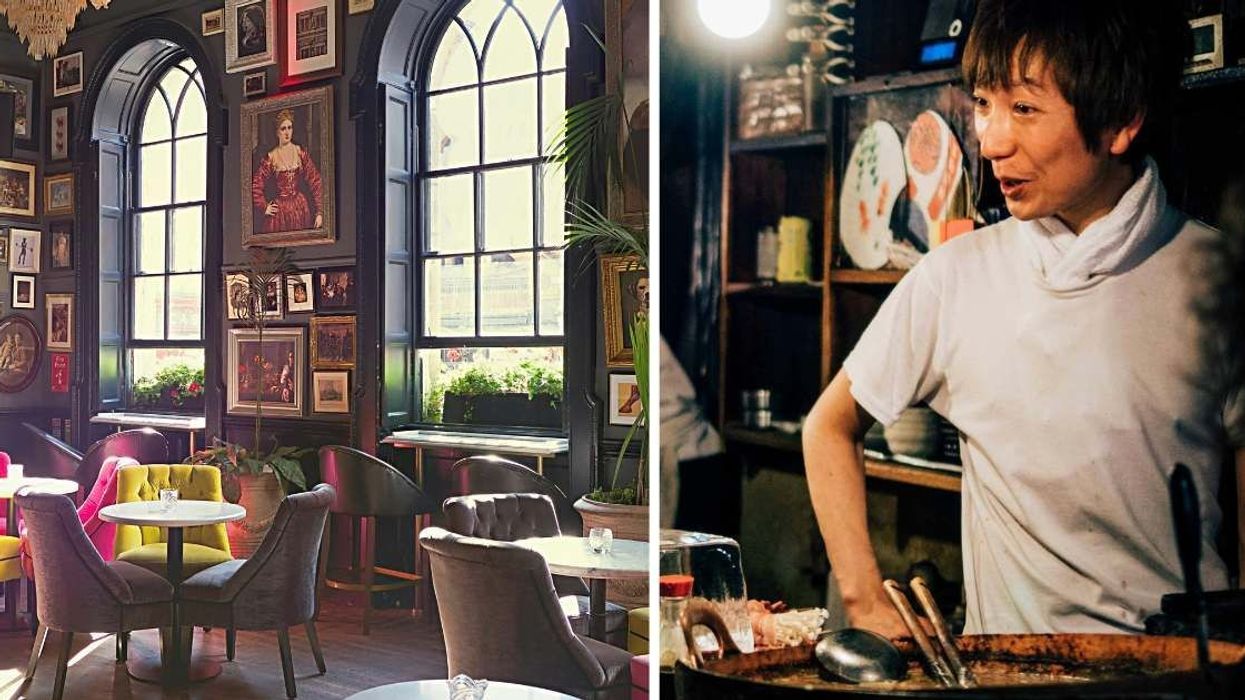


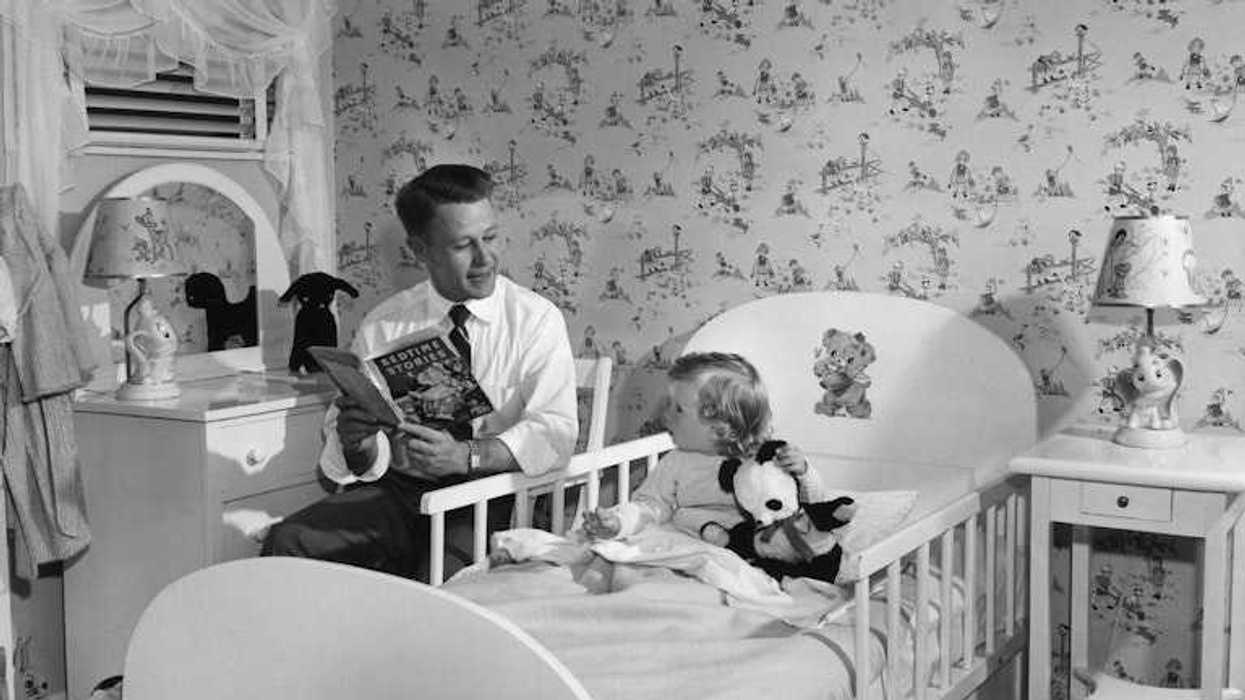













 What foods would you pick without diet culture telling you what to do?
What foods would you pick without diet culture telling you what to do?  Flexibility can help you adapt to – and enjoy – different food situations.
Flexibility can help you adapt to – and enjoy – different food situations.
 Anxious young woman in the rain.Photo credit
Anxious young woman in the rain.Photo credit  Woman takes notes.Photo credit
Woman takes notes.Photo credit 
 Revenge can feel easier than forgiveness, which often brings sadness or anxiety.
Revenge can feel easier than forgiveness, which often brings sadness or anxiety. 
 In the past two years, two malaria vaccines have become available for babies starting at 5 months of age.
In the past two years, two malaria vaccines have become available for babies starting at 5 months of age. By exploiting vulnerabilities in the malaria parasite’s defense system, researchers hope to develop a treatment that blocks the parasite from entering cells.
By exploiting vulnerabilities in the malaria parasite’s defense system, researchers hope to develop a treatment that blocks the parasite from entering cells. Created with
Created with